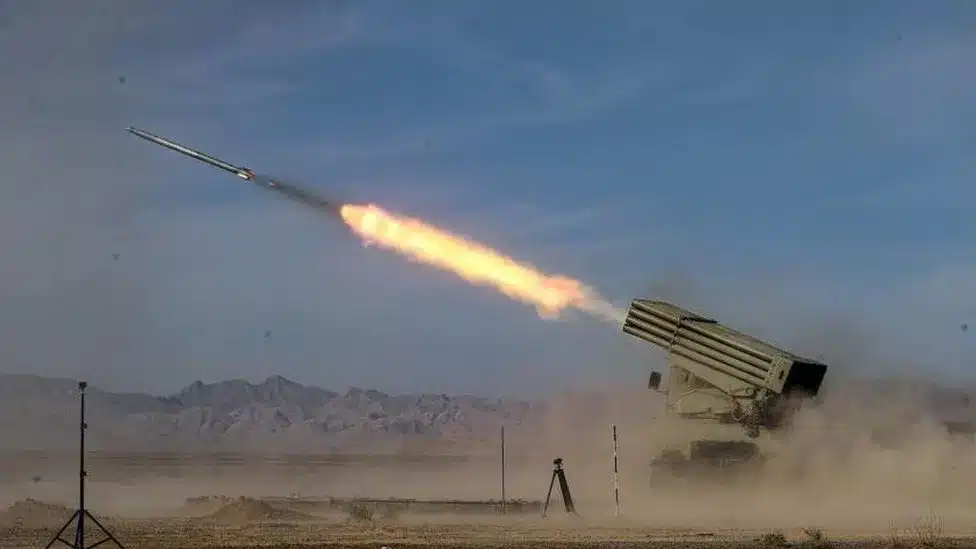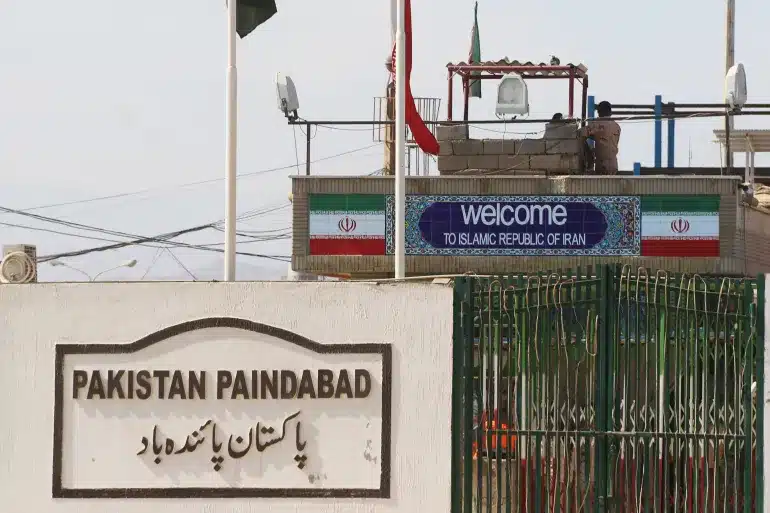It is difficult to draw the scenario that has caused the Iranian strike inside Pakistan on the bases of a militant faction, Jaish Al-Adl. Whether it is just one in the series of the aggressive posturing Iran has assumed since the Kerman attack on January 3 or it has an entirely different context cannot be fully drawn out as yet. Pakistan has strongly condemned and also hinted that a response is in the coming. To dissect the strikes, they happen at a time when apparently no tension has surfaced between Iran and Pakistan. The only last engagement pertaining to cross-border counter-terrorism has been focused on the presence of safe sanctuaries inside Afghanistan, a concern that both Pakistan and Iran shared.
Then what happened overnight? And even if something happened, why did Iran shy away from using multiple direct channels of communication that are available? It is important to mention here that a Joint Rapid Reaction Force also exists to deal with border-related emergencies. But no such channel was activated and instead, Iran opted to go for an uncalled provocation.
A link between Kerman attacks and Iran’s strikes in Pakistan’s Balochistan seems highly unlikely.
Iran’s response to the Kerman tragedy has come in the form of targeted strikes inside Iraq and Syria just one day before it hit Jaish Al-Adl in Pakistan.

A more likely explanation behind this Iranian strike is the Indian Foreign Minister’s visit to Iran. In a Foreign Ministers’ level meeting, India’s Jai Shankar discussed Chahbahar as well as the critical situation in the Red Sea. In the press conference that followed, India’s FM raised serious concerns over attacks on ships in India’s vicinity. Though there is no denying that the Red Sea tensions are spurring fast, making the attacks on ships a matter of regional discord will have far-reaching impacts. The strikes by Iran can be seen as a way to drag Pakistan into the larger Middle Eastern conflict. In weighing its options for a response, Pakistan must never fall for such a bait.
More so, there is a history of Iran’s pleasing of India and strategic-cum-economic relations.
It is not a coincidence that Indian intelligence has used Iranian soil to run some of the most extensive spy campaigns against Pakistan.
Even now, before Jai Shankar’s visit to Iran, some far-right accounts on the social media app, X, have been using direct threats and setting out the tone that there will be trouble in the neighbourhood and an attack from the West (which implies Pakistan’s West).
Also Read: Pakistan-Iran Crisis: Check or Checkmate?
Without India in the equation, the cross-border terrorism concerns are shared by both Pakistan and Iran and Pakistan has, in the past, even handed over wanted militants of Jaish Al-Adl faction to Iran. In comparison and contrast, Iran did not reciprocate the gesture by handing over militants of Baloch groups operating from Iran and keeping Pakistan’s Balochistan province in perpetual turmoil.
Two strikes out-of-the-blue push a plausible scenario that Iran trespassed diplomatic channels by will and intent.
While the Middle East is already in chaos triggered by the Gaza war, Iran should be least expected to open a front with Pakistan. But the strikes have left an air of betrayal in Pakistan and options for a response are being explored. No official statements have yet made the intentions of Iran clear and it is interesting that Pakistan’s Caretaker Prime Minister and Iran’s Foreign Minister have even met on the sidelines of the World Economic Forum’s annual meeting.

Was the Iranian strike not thought through? Were they only carried out on the insistence of a third country? If this is the case, Pakistan must respond because an absence of a response will set an image of weakness.
Though restraint is a preferred option, Iran’s bypassing of cordiality must be answered in kind.
If anti-Iran elements exist in some region of Pakistan, anti-Pakistan elements also thrive inside Iran. But this cannot be a justification for an unprovoked violation of either side’s air space.
Being a nuclear power, responsible restraint has remained Pakistan’s strategy in similar instances. That responsibility must still also prevail but Pakistan’s message must be clear; no violation of air space and sovereignty will be forgiven. Pakistan has stood by Iran and lobbied against sanctions on the latter. But backstabs like the one Iran did yesterday must not be tolerated. The response from Pakistan should be calculated enough to deter any such action in the future.


![Afghan men search for victims after a Pakistani air strike hit a residential area in the Girdi Kas village, Nangarhar province on February 22, 2026. [Aimal Zahir/AFP/Getty Images]](https://southasiatimes.org/wp-content/uploads/2026/02/gettyimages-2262391441.webp)



